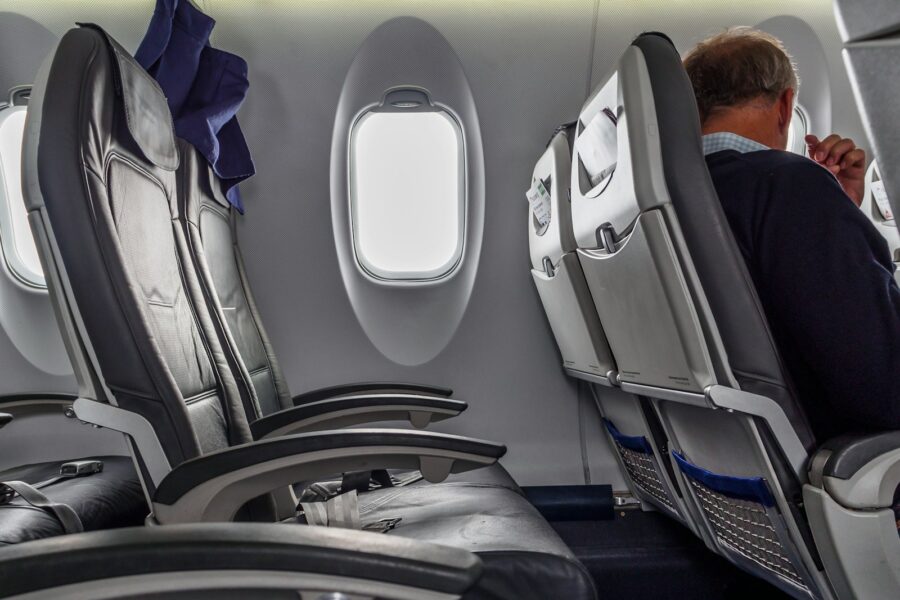The majority of employers who offer their employees relocation programmes see an increase in the employee’s quality of life as they live and work away from their home country. That’s according to new research commissioned by Crown World Mobility.
The insight came from more than 250 HR decision makers from around the world who were questioned about their approach to employee mobility.
Despite this encouraging response, however, the research also reveals that 50% of those surveyed had seen an increase in mental health issues reported by those on overseas relocation assignments. 39% reported an increase in the same issues on those employees who had remained at home.
Because of this, 42% say that managing the wellbeing of assignees is the biggest challenge they face. 53% go on to say it is challenging to reintegrate assignees on their return when working structures have changed in their absence, with 50% saying when questioned further that finding new roles for returners is difficult. 38% say they have made redundancies at the end of the assignment.
Caitlin Pyett, Director of Account Management, Asia, at Crown World Mobility, highlights how since the end of the pandemic, wellbeing has well and truly been at the front of mind for HR teams. Caitlin believes that managers need to be able to identify cues and signs and then deal with any issues which may arise, before signposting the employee to support. Pyett comments;
There needs to be a human-centric approach to an assignment’s practices and policies, with a commitment to assignee wellbeing. It is now normal to discuss with employees how they are feeling mentally, especially with this evidence that mental health can be affected by relocation. Employers can focus on soft skills such as intercultural and language training, while resource groups of expat networks and local mentoring and activity groups for assignees can all positively impact wellbeing.
Caitlin Pyett, Director of Account Management, Asia, at Crown World Mobility
While relocating employees can significantly boost life experiences, the shadow of wellbeing challenges looms large. A substantial faction of management voices now echo the sentiment that safeguarding employee mental health isn’t just a box to tick; it’s a complex puzzle to solve. With a considerable rise in mental health concerns among those stationed abroad, the call for the way in which organisations approach assignments is loud and clear.
The full report – entitled Mobility Matters – can be downloaded here.
Joanne is the editor for Workplace Wellbeing Professional and has a keen interest in promoting the safety and wellbeing of the global workforce. After earning a bachelor's degree in English literature and media studies, she taught English in China and Vietnam for two years. Before joining Work Well Pro, Joanne worked as a marketing coordinator for luxury property, where her responsibilities included blog writing, photography, and video creation.



